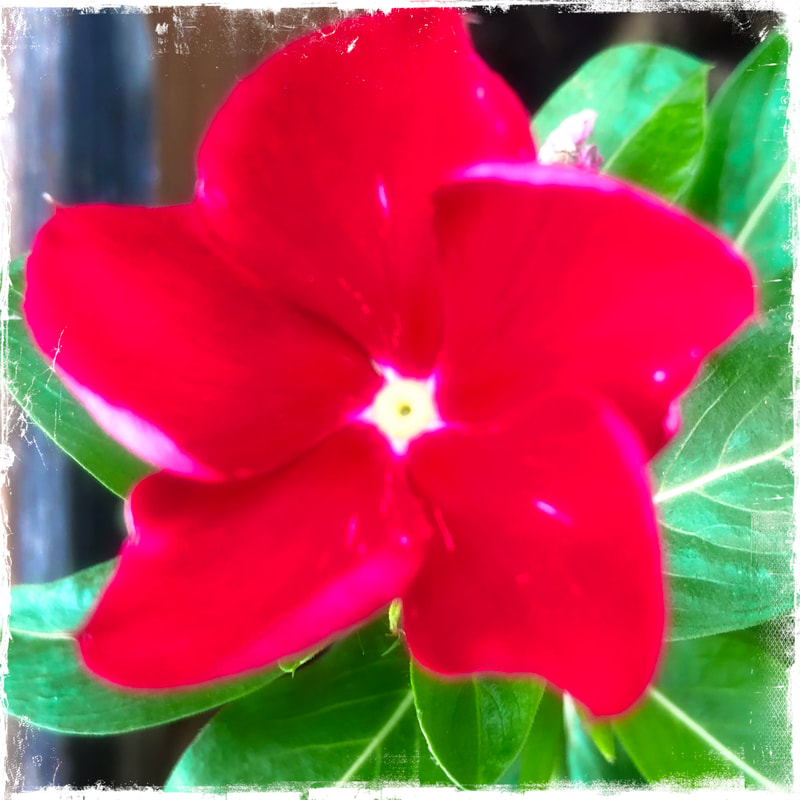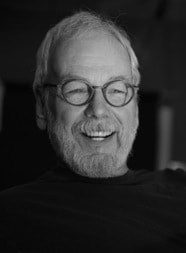ASSAY: A JOURNAL OF NONFICTION STUDIES
5.2
5.2
|
My relationship to Louise began long before we ever met, when her book Virginia Woolf: The Impact of Childhood Sexual Abuse on Her Life and Work rocked my world and instigated a reckoning with myself. It was 1989 or 1990. The book belonged to my wife, the poet Kathleen Aguero, and I remember picking it up and becoming inexplicably angry, even at the title: How dare this writer suggest that a writer's work, especially a writer in the modernist pantheon, was still under the sway of childhood trauma? Never mind that I was writing about all those things: I was not writing about them as a survivor, I was writing about them as an artist: they were simply "material" from which I would craft the kind of lyric heartbreak that would open the gates of literature to me. (Later, a friend described this as putting gold leaf on a turd.) I was a working class kid trying hard to sneak past the gatekeepers by passing as the heir to the melancholy tradition, the canon comprised of sad white guys, which was the dominant aesthetic then, the one I'd been schooled in when I left home for college. Literature was a kind of Promised Land to me as a poor kid from a family afflicted by several species of tragedy, and as such it was a realm where the blood and shit and sperm and cruelty and violence and sneering and cursing of that life must never be allowed to intrude. I wanted so desperately to deal with the fact of the sexual violence in my boyhood and then "move on" to writing beautiful — and above all impressive things — that I found the book a threat. I even scoffed at it as not real criticism, not real biography, a book unconcerned with literature, which transcended such personal, domestic, and squalid concerns.
This preciosity, by the way, was exactly the position of the New York Times in their review of the book and was perhaps the first time that I saw clearly that "the gray lady" was in fact the guardian of a deeply conservative literary establishment, defensive, protective of power, especially male power. But I found myself compelled to read the Woolf biography and it seemed unassailable to me. And it challenged nearly every notion I had been given about writing. Over the next few years, as I changed, often painfully, embracing the need to understand and integrate the traumas of my boyhood, I worked on taking all the writing I'd been doing for a decade — which was going to be a novel, which meant that it was going to be about someone else (ha!) and turning it into Half the House, a memoir I published in 1995. The point is that long before I met Louise or even read any of her other ferocious and incandescent work, I met her bravery, and it was inspiring and contagious. Fast forward twenty years. Well, nineteen. My publisher has asked me to find a writer to provide the introduction to a Twentieth Anniversary Edition of Half the House. I email Louise, she agrees, and we arrange a phone call. We spoke for a long time, twice, on the phone. Both times I hung up thinking deeply about something she said. Talking about the fact that Half the House resulted in the arrest, trial, and incarceration of the man who had raped me as a child (and, as it turned out some 400 other young boys) I sought to impress on Louise what a shock that had been, and that I had never harbored the intention to get even or seek retribution through the book. "I had no incendiary intent," I said, quoting myself from an essay I'd written about it, still wrapping myself in the flag of art for art's sake. I thought a long time about what Louise said then: "Whoever said you can't write to settle a score?" In our second phone call, I mentioned that I had begun working on something new, what eventually became the memoir Love & Fury, and I was struggling with how to write about my family across four generations without repeating myself: how could I include necessary events from childhood that I'd already written about in the first book? Louise (somewhat impatiently): "Whoever said you can't repeat yourself?" Last year I Skyped into Edvidge's class to talk with them about memoir. Towards the end of the class, she brought up Louise (it was not long after her passing) and asked me if I could say what I got from her. I wasn't really prepared for the question, and looking back I suppose an answer might have included the lesson that history is with us, is right here, is where we live: something like what James Baldwin said, "People are trapped in history, and history is trapped in them." Louise worked all her life to spring that trap. Her work shows us that there aren't two kinds of history, personal history on the one hand, and the history of one's family and people on the other— there is only history, waiting to be known and understood by those living its consequences in the present. (I think of the many times Louise returned to the scene of swimming across Lake George next to her father's boat, and her growing understanding of the wartime trauma that informed that event and in fact infused all the years of her girlhood.) I suppose I could have added that Louise's work demonstrates that writing does, in fact, heal: that this was not an act of faith on her part, this was something she knew from experience. What was an article of faith for her, the truth of which is evident in this gathering, is that it is not only the writer who experiences that healing — readers do as well, both individually and in community. But staring at the trusting, open faces of Edi's students on my computer screen, my unprepared answer came easily: "She gave me permission," I said. "And I think she gave that same permission to many, many writers who felt inspired by her courage, her tenacious search for meaning in her life, our life, life. A permission to follow a line of inquiry wherever it might lead in trying to find meaning in the memory of our lives." I can imagine her right now: "Whoever said you need permission?" |
|
Richard Hoffman has published four volumes of poetry, Without Paradise; Gold Star Road, winner of the Barrow Street Press Poetry Prize and the Sheila Motton Award from The New England Poetry Club; Emblem; and his new collection Noon until Night. His other books include the celebrated Half the House: a Memoir, published in a 20th Anniversary Edition in 2015 with an introduction by Louise DeSalvo, the 2014 memoir Love & Fury, and the story collection Interference and Other Stories. His work, both prose and verse, appears in print and online in such journals as Agni, Barrow Street, Colorado Review, Consequence, Harvard Review, Hudson Review, The Literary Review, The Manhattan Review, Poetry, Witness, World Literature Today and elsewhere. He is Senior Writer in Residence at Emerson College in Boston, nonfiction editor at Solstice: A Magazine of Diverse Voices, and an adjunct Assistant Professor at Columbia University.
|
Continue Reading...
|
|

